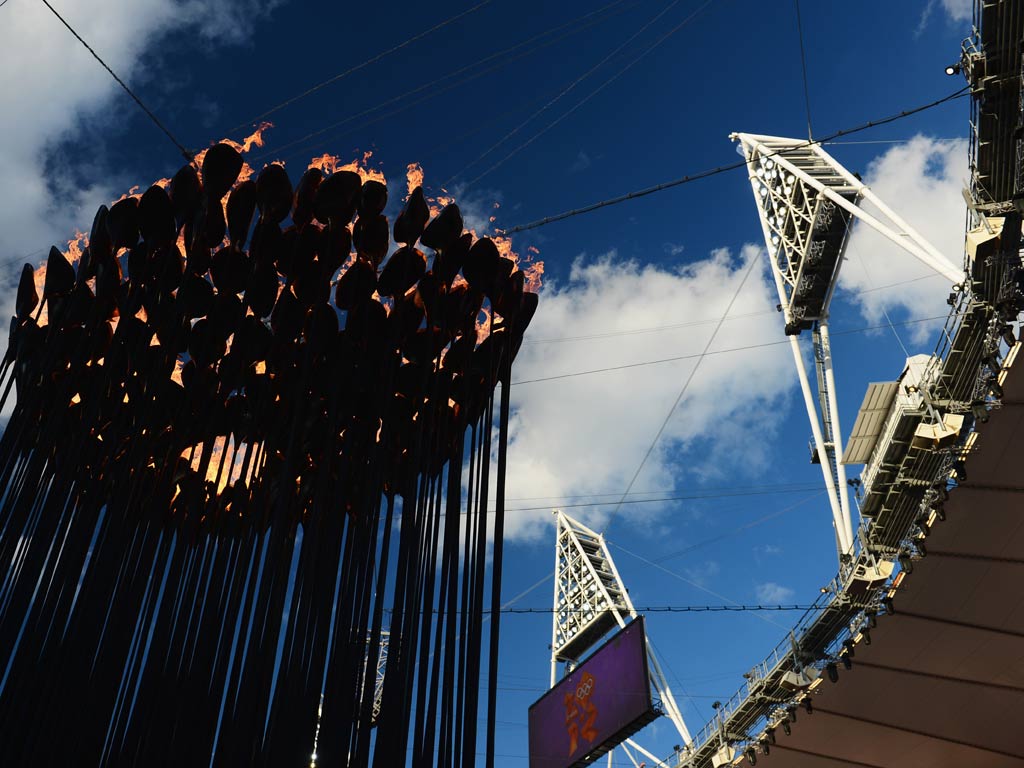Olympics legacy: We’re on the right track. But there’s so much to do following London 2012

London’s bid to host the 2012 Olympic and Paralympic Games was founded on a promise to engage more young people than ever in sporting activity.
In 2005, I was lucky enough to be part of the London delegation in Singapore when IOC President Jacques Rogge announced that the Games would come to the UK.
Also among that team were some schoolchildren from east London and I will always remember their sheer elation at the thought of the greatest sporting event on Earth coming to their home town – a reaction doubtless mirrored in classrooms across the country.
The breathtaking spectacle of the London Games, coupled with the incredible achievements of British athletes, doubtlessly inspired millions of young people. However, as we near the first anniversary of the Games, the challenge remains to turn this inspiration into sustained increases in participation. Schools have a crucial role to play in this and, over the past year, many have used the London 2012 effect to engage more of their pupils in physical education and sport.
Furthermore, some have been able to use their pupils renewed enthusiasm as a catalyst to improve standards across the curriculum and boost academic achievement in the classroom, as well as on the playing field.
There is, however, much more to be achieved and it is the provision of PE and sport in our primary schools that needs the most urgent attention.
If a child is put off sport at an early age, it tends to be years before they re-engage.
Despite this, many primary school teachers still lack the confidence and competence to deliver high-quality PE due to the limited time dedicated to the subject in initial teacher training.
As a result, we are at risk of failing to equip a generation with the physical literacy – basic skills such as running, jumping and catching – they need to build the all-important sporting habit.
The Government’s recent investment in this area is a step in the right direction, but schools must spend their money wisely in order to achieve sustainable improvements.
It is impossible to judge the legacy of London 2012 in just one year.
However, one thing is certain – there is still much to be done to ensure the excitement and elation I witnessed from that group of young people in Singapore in 2005 is maintained for many years to come.
Baroness Campbell is chair of the Youth Sport Trust
Join our commenting forum
Join thought-provoking conversations, follow other Independent readers and see their replies
Comments
Bookmark popover
Removed from bookmarks